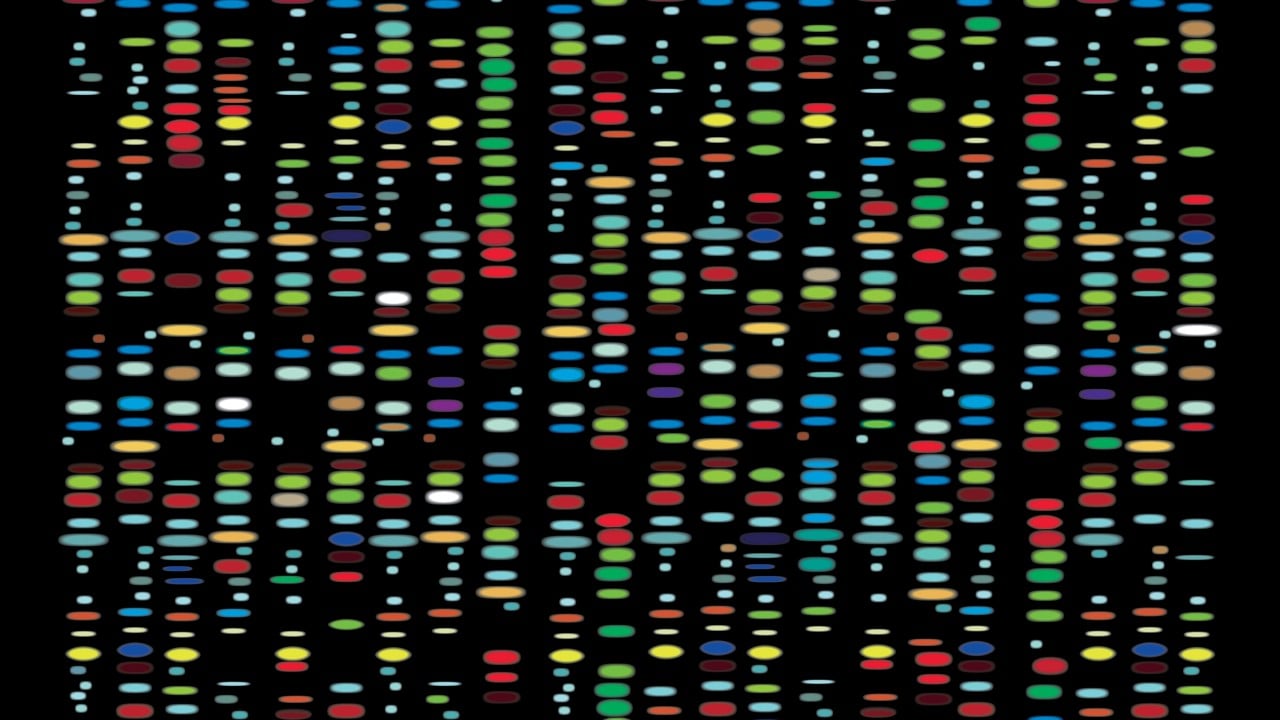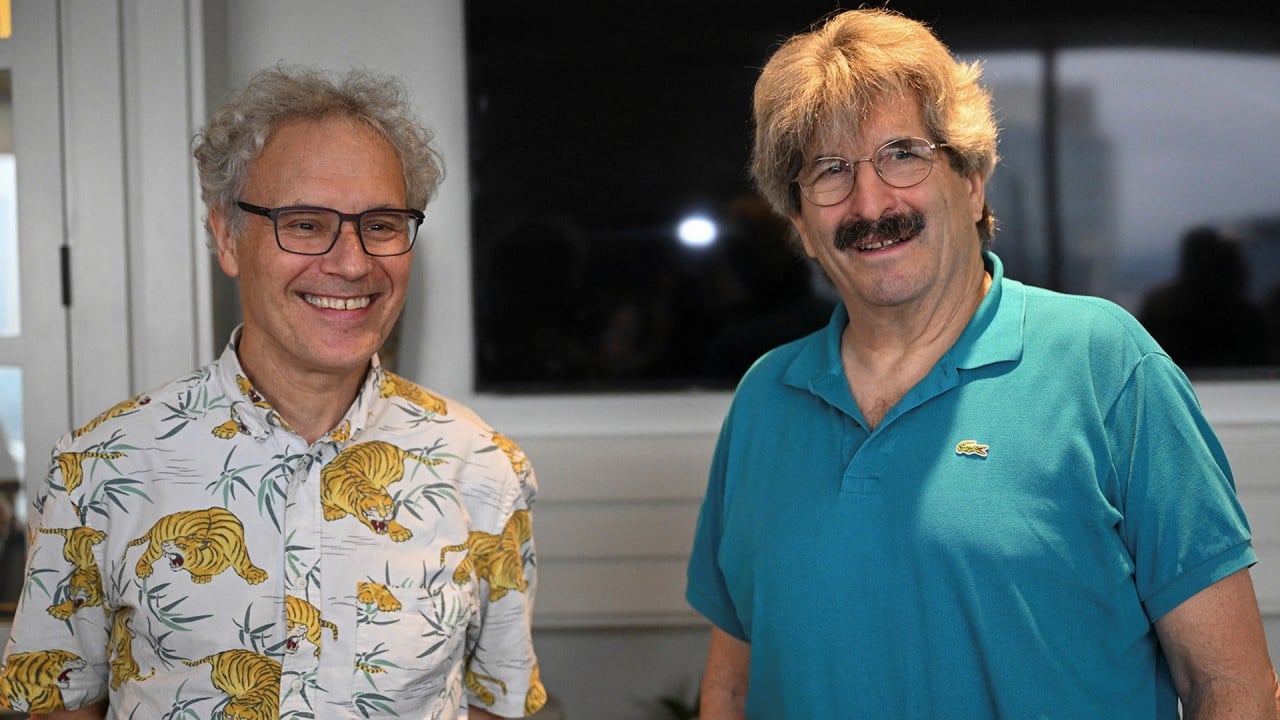For more than two decades, the Human Genome Project (HGP) – a landmark scientific endeavour led by Western nations – mapped humanity’s genetic blueprint, yet the rich diversity of Southeast Asia was overlooked.
Advertisement
Despite being home to nearly 300 million people, including the world’s largest indigenous population, mainland Southeast Asia (MSEA) contributed a mere 1.57 per cent to global genomic databases, with most data derived from diaspora communities rather than local populations.
Chinese researchers say they now aim to rectify the omission. Scientists from the Kunming Institute of Zoology, an affiliate of the Chinese Academy of Sciences, have spearheaded a decade-long collaboration with 34 Southeast Asian research teams, culminating in the first comprehensive genomic atlas of the region – the SEA3K data set – which was published in Nature on May 14.
The study revealed striking insights, including that MSEA populations harbour unique genetic adaptations to tropical challenges as well as distinct Denisovan ancestry linked to Russia’s far east.
Before China took a role in the research, fewer than 200 indigenous genomes from MSEA existed in global databases, with neighbouring India contributing most via Southeast Asian diaspora samples, according to the paper.
Even city state Singapore, a regional sequencing hub, accounted for 92 per cent of the region’s limited data, leaving Cambodia, Laos, Myanmar, Thailand and Vietnam virtually invisible in the genomic era.
Advertisement
“For over a decade, we conducted fieldwork in Southeast Asian rainforests, adhering to local ethical protocols, fostering community engagement and documenting indigenous cultural and linguistic contexts,” corresponding author Su Bing said in an interview with China Science Daily on May 19.
Researchers collected samples from Southeast Asian populations covering six countries, five prominent language families and 30 ethnic languages. They completed genome sequencing for 3,023 cases, including 40 high-accuracy long-read sequencing data.


